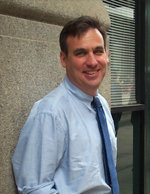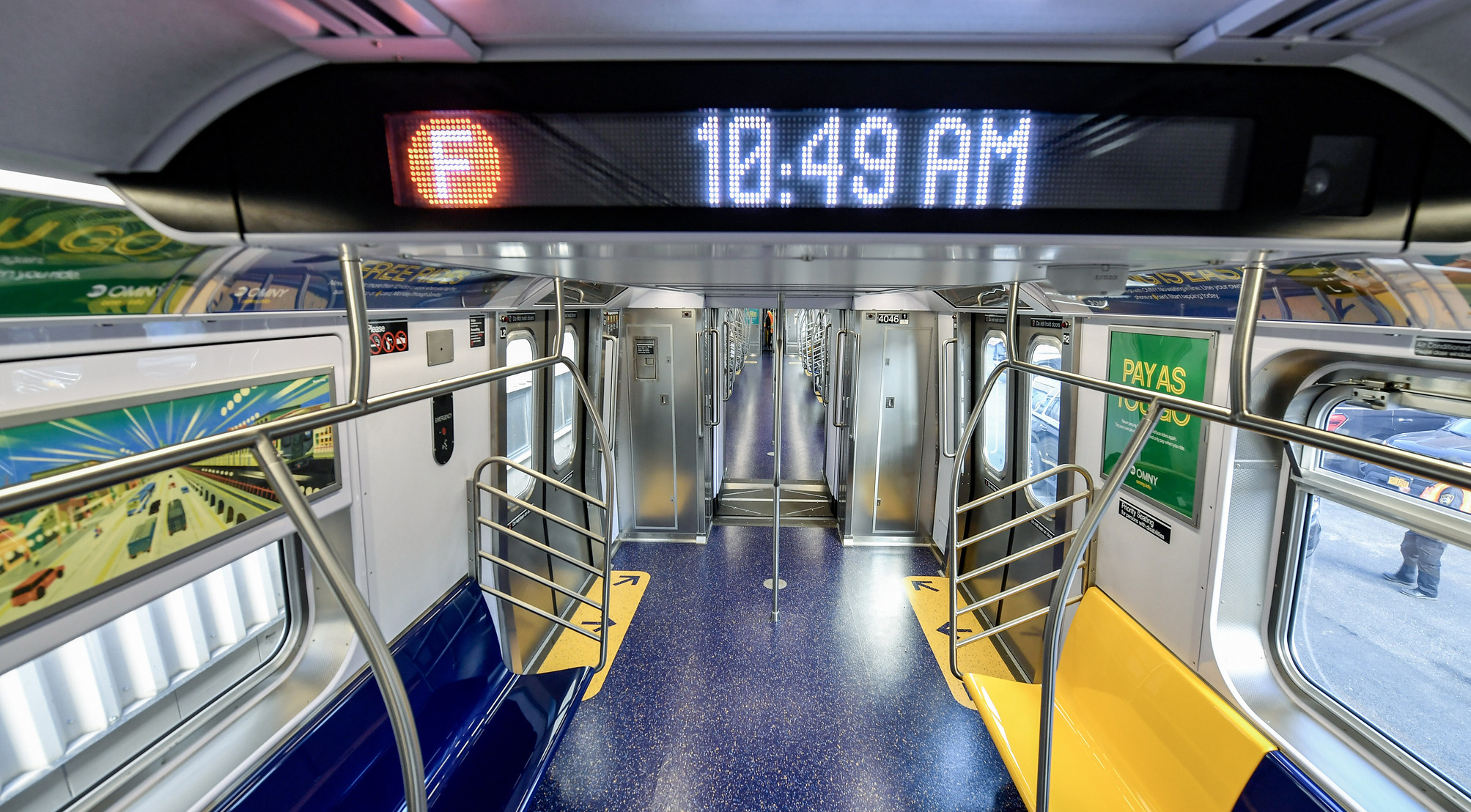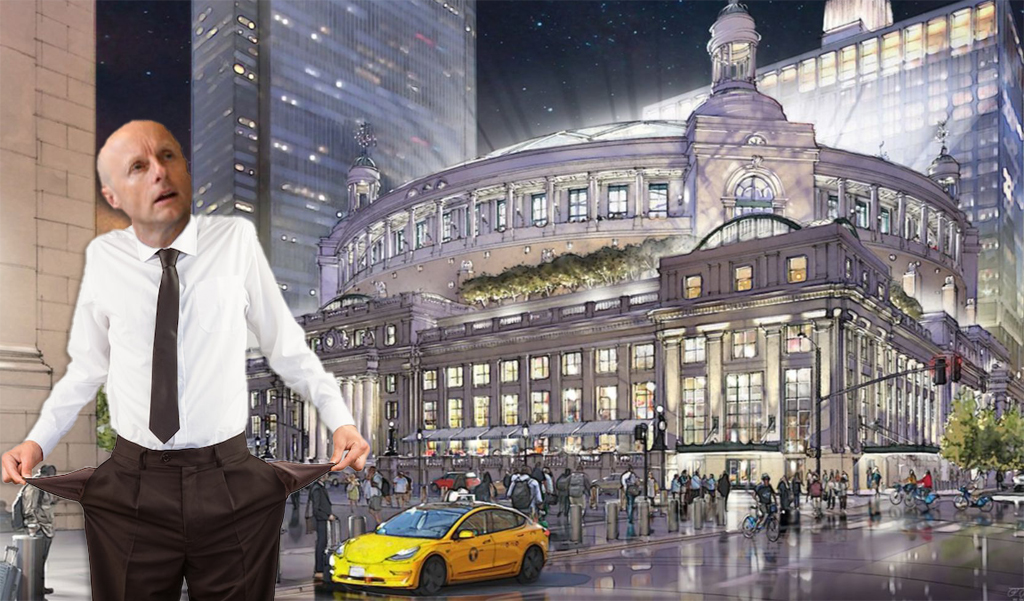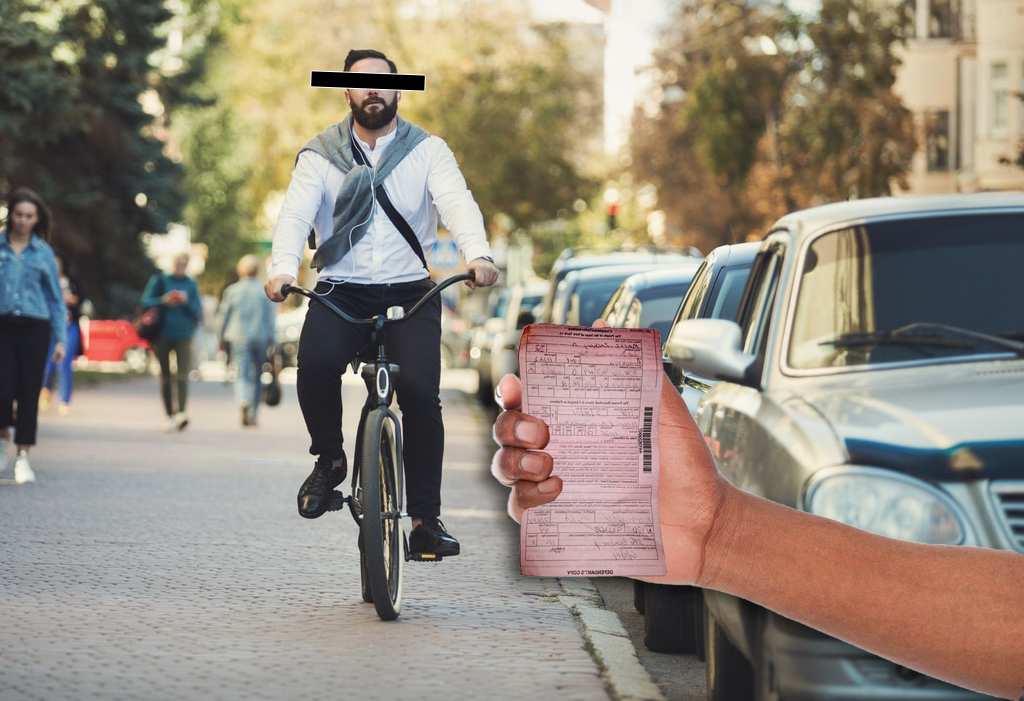
Andrew Cuomo won his election yesterday by an enormous margin, racking up 62 percent of the vote. When he takes office, he will be the most powerful man in New York state politics.
During his campaign, Cuomo dodged and pandered on the difficult question of how to fund the state's transit systems, a policy decision he won't have the option of avoiding as governor. As Cuomo shifts from candidate to chief executive, will his transportation policies shift as well? We spoke to Gene Russianoff of the Straphangers Campaign to find out what he thinks transit advocates should look for in the next few months.
Russianoff said that Governor-Elect Cuomo could start with a quick symbolic gesture. "He could take the M15 SBS to his office, which is on Third Avenue," said Russianoff, "to show his concern for finding cost-effective solutions to transit needs." That could bolster the budget hawk image Cuomo created for himself over the past year while taking the edge of his highly public MTA-bashing during the lone gubernatorial debate.
More substantively, Russianoff suggested that transit advocates look to Cuomo's transition team. Will Cuomo have a group dedicated to transportation? And if so, who will serve on it? Russianoff himself served on Eliot Spitzer's reformer-filled transportation transition team, which came out in favor of fully funding the MTA's capital plan weeks before Spitzer even took office. The transition team selections will both reveal and shape the Cuomo administration's priorities as his staff prepares for day one.
Once Cuomo is in office, he'll have the ability to make appointments to the MTA Board, another way of making a quick mark on the transit system. Russianoff urged Cuomo to retain Jay Walder as MTA CEO and board chair. (He was one of the Tri-State Transportation Campaign board members who signed a letter to the gubernatorial candidates to that effect.) While Walder's appointment lasts until 2015, as the New York Times wrote last week, "few chairmen survive long under a new administration."
"We clearly have our differences with Jay over some issues," said Russianoff, "but he's a transit professional and it's all on the merits." Russianoff praised Walder's ability to find administrative savings, install countdown clocks, and implement Select Bus Service in particular.
Cuomo is likely to have a number of other early appointments to the MTA board as well. The terms of gubernatorial appointees Doreen Frasca and Norman Seabrook have already expired, and Nancy Shevell's term will expire next June. "That's how a governor can make an immediate impact," said Russianoff. He said the best MTA board members were experts in a particular piece of the agency's business and willing to publicly press MTA staff on important questions.
Russianoff said Frasca in particular has been a model board member, using her expertise on bonds and financing to improve the MTA's practices. "It's a thing of beauty to watch her tangle with the staff," he said.
On the nine billion dollar question of how to fund the MTA's capital program, Russianoff said that he doesn't expect to see a plan from the governor's office immediately. "That may not be dealt with until the end of 2011 or the beginning of 2012," he said. The capital plan is fully funded through the end of 2011.
Russianoff expects Cuomo to somehow find a way to pay for the capital program. "There's a consensus to keep repairing the system and not return to disinvestment," he said. Cuomo knows that the state can't afford to return to the broken-down transit system of the 1970s, said Russianoff, and he'll do what it takes to prevent that from happening.
The capital program might be adjusted, however, before any major funding package is on the table, said Russianoff. "Delaying or deferring some of the more grand station overhauls may be necessary," he suggested, with more targeted repairs prioritized instead. Mega-projects like the Second Avenue Subway and East Side Access could also see their completion dates pushed further into the future. "There may need to be further savings found in there."





